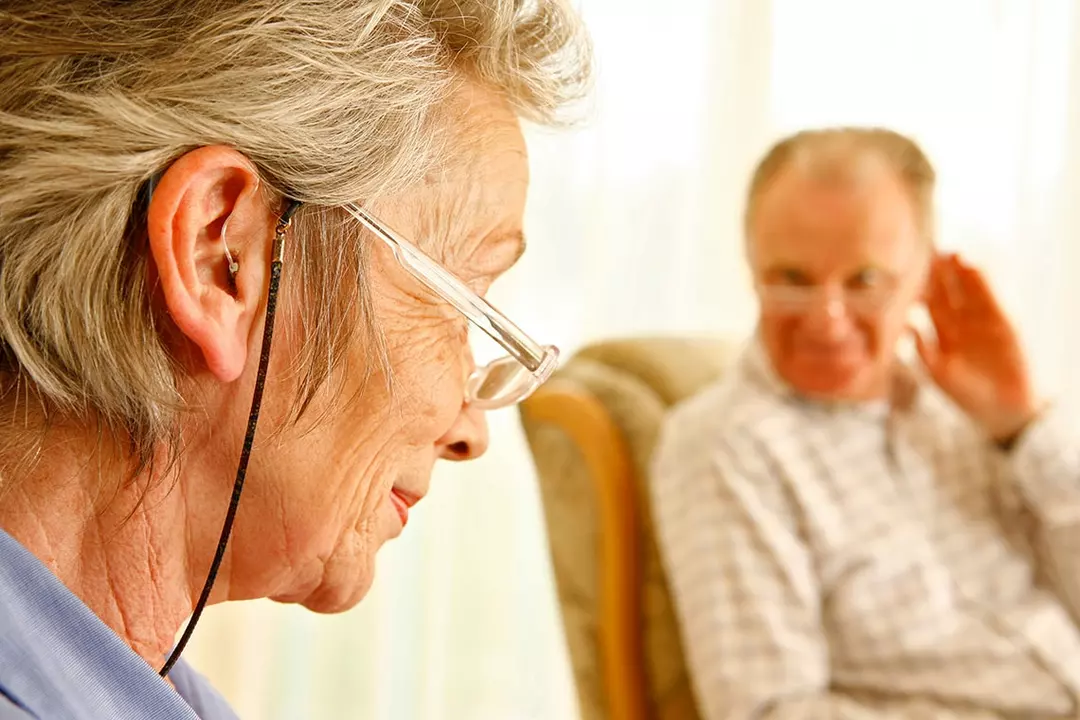Tinnitus: What It Is and How to Find Relief
Ever hear a constant ringing, buzzing, or hissing that no one else seems to notice? That’s tinnitus – the perception of sound without an external source. It can be annoying, stressful, or even make it hard to focus. The good news is you don’t have to just live with it. Simple changes in daily habits and a few proven treatments can quiet the noise.
Common Triggers and When to Seek Help
The most common cause is exposure to loud noises – concerts, power tools, or headphones at high volume. Ear infections, earwax buildup, certain meds, and high blood pressure can also spark ringing. If the sound appears suddenly, gets louder over days, or comes with dizziness, see a doctor right away. Early evaluation rules out serious issues like acoustic neuroma or severe hearing loss.
Practical Steps You Can Try Today
Start by protecting your ears: lower music volume, use earplugs at noisy events, and give your ears regular breaks from headphones. Keep the ear canal clean but avoid cotton swabs that push wax deeper – a gentle rinse or professional cleaning works best.
Sound therapy helps many people mask the ringing. Try a white‑noise fan, soft music, or nature sounds while you read or sleep. The brain gradually tunes out the phantom noise when it hears real background sound.
Stress and caffeine can worsen tinnitus. Adding short breathing exercises, yoga, or a quick walk after meals often reduces the intensity. Some folks find relief with low‑dose zinc supplements or magnesium, but talk to your pharmacist before adding anything new.
If home tricks aren’t enough, ask your doctor about hearing aids with built‑in sound generators or cognitive‑behavioral therapy (CBT). CBT teaches you how to change the emotional reaction to the noise, making it less bothersome.
Remember, tinnitus is common – millions experience it. While there’s no instant cure, combining ear protection, sound masking, lifestyle tweaks, and professional advice can bring noticeable improvement. Keep track of what works for you and stay patient; relief often comes gradually.
Tinnitus and Aging: What to Expect as You Get Older
As I get older, I'm starting to notice that tinnitus and aging seem to go hand in hand. Many of us experience that annoying ringing or buzzing in our ears as we age. It turns out that age-related hearing loss and damage to our inner ear cells are common culprits behind tinnitus. It's important to protect our ears from loud noises and maintain our overall health to reduce the risk of developing tinnitus. If you're already experiencing this issue, don't hesitate to speak with a healthcare professional for guidance and potential treatments.

